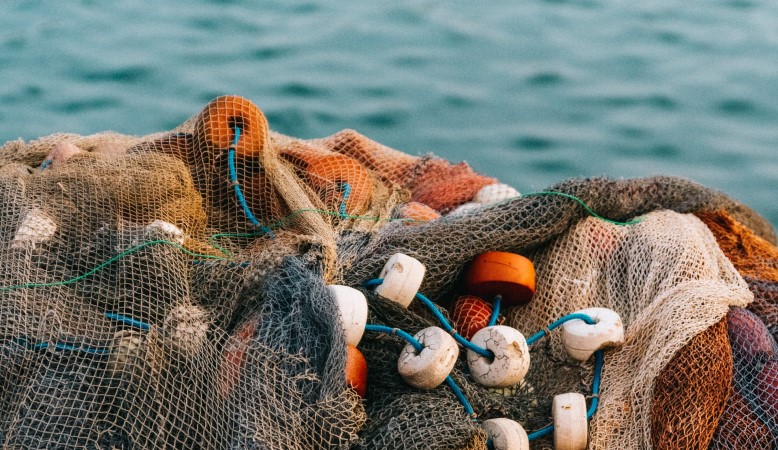
The fourth round of negotiations at a UN conference to conclude a treaty on the world’s seas has ended without an agreement. It should have been the last conference on this subject. A new fifth round will now follow in the summer.
Will McCallum, head of oceans at the Greenpeace United Kingdom, is disappointing. The corona pandemic and the war in Ukraine are not positively affecting the negotiations.
A treaty on the world’s seas is necessary to save the oceans, says McCallum. The world’s seas fall outside the national jurisdiction of countries, which means that the areas cannot be protected against, for example, overfishing or deep-sea mining. At least nineteen countries and all member states of the European Union have signed a declaration stating that at least 30 percent of the oceans must be protected by 2030. Less than 3 percent is currently protected.
The treaty is the first step towards protection. “I understand that there will be another round to negotiate the treaty. The conference has been postponed for a long time due to the corona pandemic,” said McCallum from New York, where the negotiations are taking place. “But this fifth round must really be the last. If it continues, we will lose the ambition to fight for the treaty. That will only lead to weakened agreements.”
“It’s too much about national interests during the negotiations,” says McCallum. He sees how countries also use their veto power to express their dissatisfaction with other countries involved in the negotiations. Therefore, the Russian invasion of Ukraine and the war form an additional hurdle. “We need politicians and policymakers who look beyond their own interests and look to the people they need to protect.”
It also worked before, McCallum emphasizes. He refers to the Antarctic Treaty, concluded in 1959, among others by the United States and the Soviet Union, in the middle of the Cold War. In that treaty, the countries determined that the area should be left alone and that no military activities.
In previous reports, the UN climate panel IPCC emphasized the crucial role of the ocean for life on Earth. Many people worldwide depend on the food that the sea provides. In addition, the water retains greenhouse gases. Global warming threatens to rerelease greenhouse gases.
